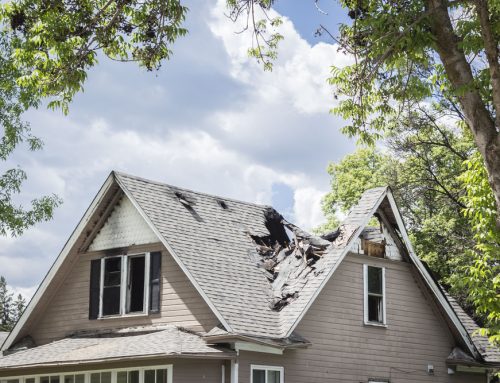Why You Need Orlando Homeowners Insurance
Orlando Homeowner insurance serves a similar purpose as car insurance and health insurance – it covers, as a general comparison, the cost of repair or replacement when damage occurs. And, depending on where you live, this coverage may exclude damage from certain events, including flood, earthquakes and hurricanes. These devastating events are NOT typically covered in basic homeowners insurance policies.
The typical homeowner’s insurance policy is made up of two types of protection – hazard insurance and liability insurance. Each serves a different purpose when it comes to protecting you, your home, and your property.
Hazard Insurance – The hazard coverage in your Orlando homeowners insurance policy protects you from damage caused unintentionally – or by causes over which you have no control. These can include fallen trees on your home, vandalism, fire, etc. You can choose to have your policy cover the replacement value (covers the cost of buying a new item) or the cash value (pays what the damaged property is worth). To give this some perspective – replacing a four-year-old, $1000 TV that was damaged during an electrical storm would entail your insurance company sending you $1000 to buy a new one. However, the cash value of that TV is far less than $1000. Cash value only pays what the property was worth at the time the damage occurred.
Liability Insurance – This part of your policy covers your personal liability for accidents that take place on your property. So, if your neighbor comes over and trips on your front steps, your liability insurance will cover their medical expenses – but only up to your policy limit. Some people choose to increase this amount or purchase an umbrella policy to add another layer of protection to their coverage or to give them added liability protection for when they are off their property.
To sum up, homeowners insurance covers your property and your liability. Those are the main reasons why you need homeowners insurance. It’s also possible that your mortgage lender requires you to have insurance as part of your mortgage agreement since your home is the lender’s collateral.








Recent Comments